|
Today, I have the pleasure to welcome Maura Pierlot to my blog on her whirlwind book blog tour for her latest book, The Trouble in Tune Town. Maura is an author and playwright based in Canberra, who enjoys writing fiction for children and young adults. The Trouble in Tune Town is her first children’s picture book. Megan: Hi, Maura. How are you today? Maura: Morning, Megan. I'm great. Slightly tired ... my 18 year old came in at 5am after his last cricket match! Megan: Oh, dear! Maura: I'm like my mother ... can't sleep properly until all the kids home. I say 'kids' but they're 16, 18 and nearly 20 so I better get used to late nights. Megan: Those days are long behind me, but I remember them well. Maura: One of the down sides of being an older parent ... less energy (and tolerance lol). Megan: Well, let’s dive straight into the interview, shall we? Maura: Rightio! Megan: You grew up in the Bronx. What brought you to Australia? Maura: I was working on my PhD at Georgetown Uni in Washington DC. I was at the thesis stage – no more coursework – so I was actually working in NYC at the time as an ethicist of all things. One of my professors told me about the Fulbright Program – it's an international study program, similar to Rhodes Scholarships, and I was intrigued. I had always wanted to visit Australia, so the choice of location was easy. Professor Peter Singer, a well known philosopher and animal rights advocate, was heading Monash University's Centre for Human Bioethics. I wrote to him, asking if he'd support my Fulbright application (to be based at his Centre) and he wrote back straight away and said yes. Sounds funny now to say 'wrote back' but these were the old days where people actually wrote and posted letter - computers were still clunky and no internet to speak of. Only four Americans were chosen for Australia and I was one of them so I was thrilled beyond belief. Sorry that was a bit long haha. The short answer is I came here to work on my PhD thesis (philosophy/ethics). My thesis focused on HIV issues – very topical in the late '80s. I was comparing the US response to HIV and Australia's, arguing that public policy needed to meet minimum ethical standards and not just be based on economics or expediency. So, I came to Australia for a year, went back to New Jersey, where I had been living since high school days, then came back to Australia for another six months when they granted me an extension. Lucky! Megan: You certainly did come in from a very different pathway to creative writing. Wow! What an amazing opportunity. So, what did you do during the Fulbright Program? Maura: I should say that I studied hard, laboured over my thesis, ready philosophy tomes, but the real answer is I had a ball just being in Australia, meeting great people, enjoying new experiences. Peter Singer was the absolute best person to work with – so accessible, open minded and supportive. Writing a thesis is like creative writing; some days the words and ideas come, other days not. So, it was a lesson in perseverance and self-belief on many levels. By the end of my second stint in Australia I had competed the 300-page thesis and submitted it to my (American and Australian) supervisors. In America, you have to orally defend your thesis ... you get grilled by a panel, but fortunately I passed. Megan: It certainly sounds like you learnt a lot of great lessons, including those of perseverance and self-belief which are doing you in good stead now. I read that you only turned to creative writing only about five years ago, and your short stories, plays and young adult manuscript have won or been shortlisted for awards. What would you attribute to your success? Maura: I'm not really sure but I suspect it's a combination of factors. I've always had a "can do" attitude. I like challenges – I've had many over the years in business, work, study, life! My parents instilled a very good work ethic and I've been working (usually several jobs) essentially since my teens. I had a lot of interests as a child and always loved learning. I devoured books, wanting to step into new worlds but also being fascinated by facts. I remember struggling with the idea of a career – how can someone possibly commit to one field? The standing joke was that I was going to become a professional dilettante, which I have in a way. I think the long haul of doing a PhD was good practice for writing a novel. Simply put, I don't give up easily and when I get an idea in my head that I want or need to do something, there's usually no stopping me. Of course, I have my days when I second guess everything I've done and am doing – ah, the writing life. And there are many days that I wish I could have bottled the enthusiasm and confidence of my youth. So, I'm just plugging away at various projects the best I can, mainly for my own pleasure and journey… but hoping also that my writing resonates with others. At the risk of sounding cynical, I don't think winning or being shortlisted for awards means my work is any better than anyone else's. I've been blown away reading work that has never won awards or been published. And I've read plenty of books and wondered how they got published. There's so many titles on the market, and so many people trying to get published, that awards certainly help get noticed but I think it's often being in the right place at the right time – having the right work be read by the right person in the right moment. It's unfortunate that people tend to measure success by publication standards. I nearly fell in this trap myself. I started writing 'midlife' after many other careers, mainly because I wanted and needed to exercise the creative side of my brain, which had been dying a slow death. I always said – and really meant it! – that I was writing just for me, that the process was far more important than the outcome. I still believe that, but the problem is when you've poured your heart and soul onto the page, often for several years, you want that imprimatur – a supposedly independent third party to say, Hey, this work is so good that we want to publish it. And when you don't get that, you then start to second guess everything you've written. It's a very dangerous and unhealthy cycle. Publishing decisions are based far more on commercial considerations (marketing/sales) than literary value. And the people who decide are essentially just one voice. There's no universal truths to be imparted from a decision to publish or not publish. Megan: I can pick a few points out from what you’ve said that I think are key to succeeding at anything. 1) A ‘can do’ attitude. 2) Work hard 3) Love learning new things. 4) Devour books. 5) Practice writing 6) Don’t give up. As for your next points, I’ve often wondered the same things. And I think you are right in saying that it really is a whole range of factors that contribute to getting published. Maura: Hahaha! Yes, your six points are great. Why didn't I just say that? Megan: You also write plays. Do you think this helps you visualise each scene, write dialogue, develop characters etc? Maura: Maybe I watched too much TV as a child but I often write visually. When I imagine characters and scenarios, it's always dialogue driven. Perhaps that's why I gravitated to YA (though I think it's because I never quite grew up lol... maybe I have some unfinished teen business!). So writing for the stage seems like a natural fit. I read about a writing comp in 2014 and thought, what the hell, I always wanted to write a play, so I'll give it a go (there's that 'can do' attitude haha). My mother was very unwell overseas, and I was struggling with a lot of related issues – the tyranny of distance, guilt about moving to Australia years ago, the burden of caring that had fallen on my brother who lived locally – and I essentially just dumped that scenario/conversation on the page and the play was picked up. That got me hooked! Megan: My writer’s group and I just did an activity on the weekend where we took a scene from our current work in progress and turned it into a play. It was a lot of fun, but I also found that, even though I visualise my scenes as I write, this made it even more focused. It was a great exercise. The Trouble in Tune Town is your first picture book. What inspired the story? Maura: Our three children were the inspiration for the story. They were all very musical but never liked to practice. That's an understatement ... there wasn't a week that went by without one of them wanting to quit. Their teacher was fantastic, but the kids felt like lessons focused on what they did wrong rather than how far they had come. They were flat out with school work and co-curricular and practice was just another chore in a busy week. In fact, it was taking the fun out of music for them. When waiting for my son at his lesson one day, I had an idea of a child struggling with a new song, blaming the music, only to find that the notes flew off the sheet and far away, leaving the town without any tunes. And the story grew from there. Megan: I love hearing the inspiration behind the story. I’m sure that your book will help a lot of kids out there, and parents. Music should be enjoyed. I love how you have the notes of music fly off the page. Maura: Thanks, I hope the book helps some kids and parents. Every family I talked was having the same battle, trying to get their kids to practice. So much of what kids do these days is geared to achievement – trying to get top grades at school, to make the Division 1 side in their sport, to play a song beautifully on their instrument. The book encourages kids to relax when they're learning, whether it's music or at school (or even a hobby), to try their best and to not be afraid of making mistakes ... that’s where the real growth comes from. It reflects my view that the process in itself has value irrespective of the outcome. (Similar to the writing journey generally.) That's also the basis for the message (on the opening pages of the book): "Practice should never be a fight. If you're having fun, then you're playing all right." Megan: Why did you decide to go with Little Steps Publishing for this picture book? And was the publishing journey like? Maura: I was offered a contract from a (small) traditional publisher but my gut feeling was that they weren't a good fit for several reasons. Always go with your gut. With my business experience, I knew I could self publish but I was flat out with other projects and didn't think I'd be able to devote the time and energy needed, so partner publishing seemed like the best option. Little Steps was quite good – they know what they're doing, and they have a business model that works. There were a few little hiccups, as there often are in business, but I think they learned from the experience and made some needed organisational changes. I think my book challenged them on many levels as it was very detail oriented, and I wanted the music to be depicted accurately while still allowing the illustrator artistic license. With hindsight, I think partner publishers are geared more to getting the book out; they don't invest in authors per se or offer much in terms of post-production services. I think at the end of the day, the author has to believe in her work and do the hard yards trying to get it out to the market. There's no shortcuts. Megan: I think publishing in any sense, is a learning curve. And there is so much to learn. It’s a good thing that you stuck to your vision of the book. Are you happy with the outcome? Maura: Yes, the good news is I am absolutely thrilled with the outcome. Little Steps has very high production standards – everything from the stock, the print quality, the vibrancy of the colour. I love the look and feel of their book. Sophie Norsa, the illustrator, did a fantastic job for such a challenging task and I love the little touches she added. With respect to Little Steps, I think many partner publishers (probably publishers generally) operate from the false assumption that every author is just so damn grateful to be published that they'll take a back seat and go with the flow – not a trait that feisty New Yorkers are known for. Megan: That’s such good news that, in the end, you were happy with your book. You’ve also written a young adult novel, Freefalling. Where are you up to with the writing process? Maura: My YA novel has had many manifestations in recent years. Every time I think I can't possible add to it, or change it in any way, I leave it for a bit then pick it up with new eyes. That said, I'm very happy with where it's at right now. I was thrilled to be named winner of the Aspiring Writers Mentorship Program late last year. The mentorship involves spending time with HarperCollins staff (in editing, marketing and publishing). I’m currently talking to the publisher about how my mentorship will work, and I’m pleased that she’s interested in customising an approach based on what my manuscript needs at this point in time. It’s too early to know the precise mentorship details, or the outcome, but I have no doubt that the process will be worthwhile, and that my manuscript will be much stronger as a result. I wrote the story for me, perhaps also in a sense for my 16-year old daughter. It's an important story about losing your sense of self and finding it again, and seems to be resonating quite strongly with readers. I'd like to see it published because I think it's an important story to tell. Ideally, I'd love to see it picked up as a text for high school English. Megan: You’ll learn so much about the writing process through a mentorship, I’m sure you’ll be very pleased with your manuscript by the end. Maura: I'm sure I will! Writing can be a lonely pursuit and it's so easy to be in your own head for too long. I'm super grateful for the mentorship opportunity and am really looking forward to having the industry input! Megan: I’m sure you’ll love it. So, what’s next for you? Maura: I'm currently working on a series of monologues on mental health issues faced by young people. In a few weeks, I leave for WA to write the second act of my play, Leaving, as part of a KSP Fellowship. Leaving ran as one-act play in Melbourne in 2014 but was always intended to be full length. The Trouble in Tune Town is being launched at the National Library of Australia on 6 May, so there's a fair bit of work to do for that event too. I'm also trying to do more school visits. I did a few last year and loved it. Kids are a very enthusiastic and honest audience and I had a blast! Megan: It sounds like you will be very busy over the coming months. I enjoy doing author visits too. I love how the kids are so honest. You really know where you stand with them. Is there anything special you are doing with your book launch? Maura: A local community music organisation called Music for Canberra is a big supporter of the book and will be involved with the launch. One of their youth ensembles will be performing at the event. There will also be an author's reading and activities for the kids and book signings, of course. It will be in the lobby of the National Library – a beautiful space with vaulted ceilings, oodles of natural light, great architectural elements, a bookshop and cafe nearby. I can't wait! Megan: Wow! That’s sounds like an exciting day. I hope there will be lots of photos. Well, Maura, it has been fabulous chatting with you today. I can hear the passion you have for your creative writing. Good luck with your plays, your mentorship, and your book launch. Maura: Lovely chatting to you, Megan, and thanks for your insightful questions – a fun creative exercise for the morning! Best of luck with all your work too. Megan: Thank you, Maura. And finally, three fun facts about Maura: I nearly pursued a career in comedy. I have a long history of natural and political travel disasters (earthquakes, two coups, near mid-air collision). There was an attempted hijacking too. At university, I pushed a pram from Durham, North Carolina to Washington DC (as part of relay team) as a fundraiser for a US Presidential candidate and also to get into the Guinness Book of World Records. That's about 400 kilometers. Funny to remember that because now a 5 kilometers run is challenging! Exciting News: The Trouble in Tune Town has just been awarded Joint Winner, Best Children's Illustrated E-Book in the IPPY Book Awards 2018! About Maura: Maura is an author and playwright based in Canberra, who enjoys writing fiction for children and young adults. The Trouble in Tune Town is her first children’s picture book. Late last year, Maura was named winner of the CBCA Aspiring Writers Mentorship Program, and recipient of the Charlotte Waring Barton Award, for her young adult manuscript, Freefalling. Her short plays have been performed in Melbourne, Brisbane and Sydney, with one of them winning an international monologue competition in 2016 and another currently being redeveloped as a full-length play as part of a KSP Fellowship. In addition to her creative writing achievements, Maura has worked as an ethicist, medical video writer/producer, small business owner, freelance journalist and editor of Australian Medicine. She has a bachelor’s degree, master’s degree and doctorate, each in philosophy. Title: The Trouble in Tune Town Author: Maura Pierlot Illustrator: Sophie Norsa Publisher: Little Steps Genre: Picture Book Age range: 3-8 years The Trouble in Tune Town is a fun, imaginative fantasy told in rhyme, featuring Meg and her song's quirky music notes, inviting readers to step inside the experience of music. https://thetroubleintunetown.com/ Link to buy: https://thetroubleintunetown.com/buy-now/ Where to find Maura: Website: www.maurapierlot.com Facebook: Maura Pierlot Author Instagram: Maura Pierlot LinkedIn: Maura Pierlot Goodreads: Maura Pierlot Websites: www.maurapierlot.com www.thetroubleintunetown.com If you've enjoyed this post, feel free to like, comment, and/or share.
|
AuthorOn my blog you will find: Categories
All
Click to set custom HTML
|
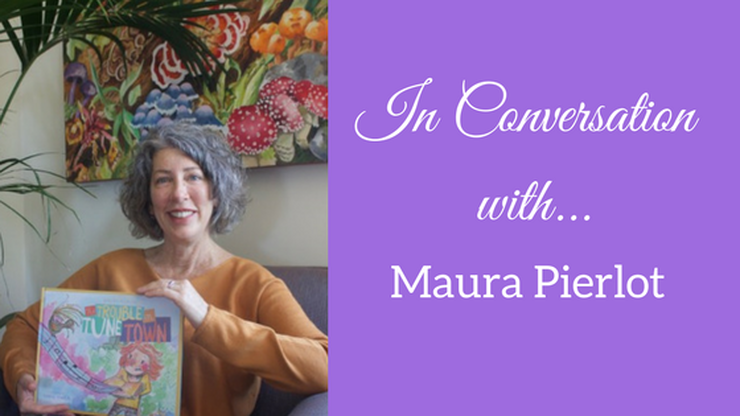
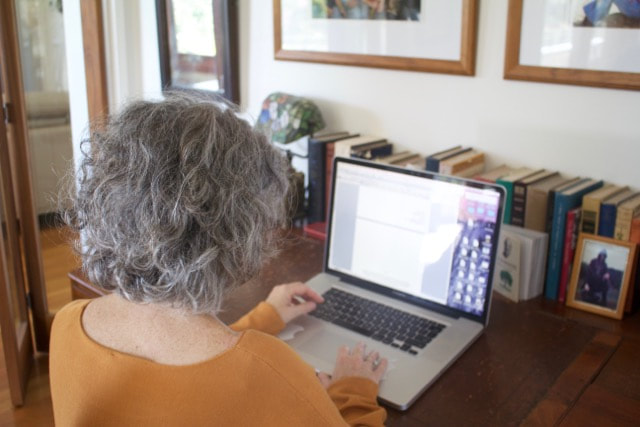
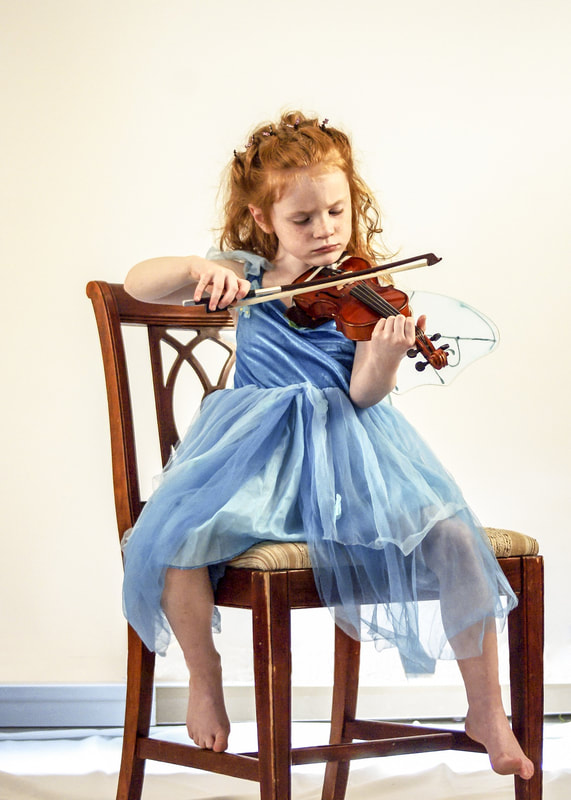
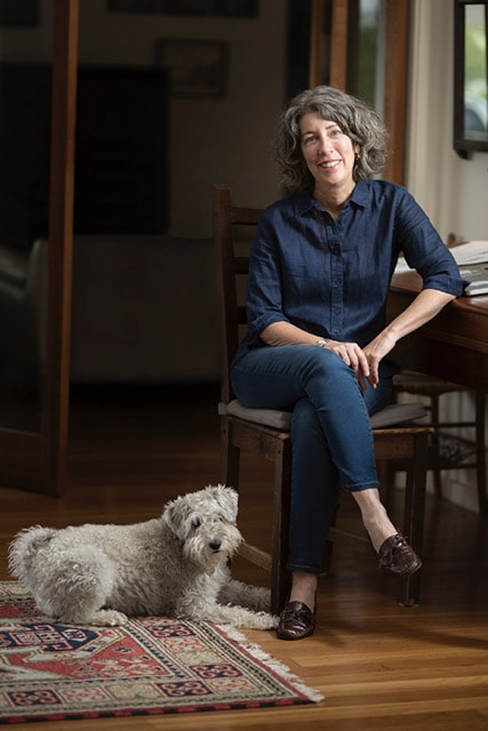
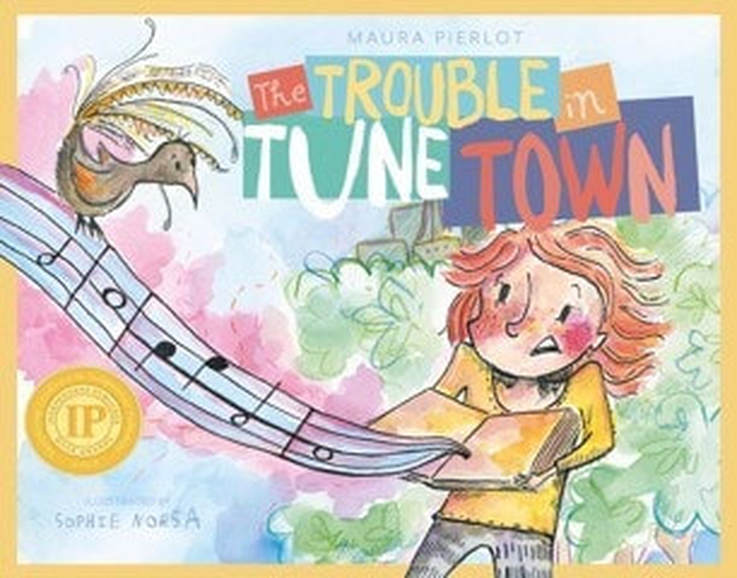
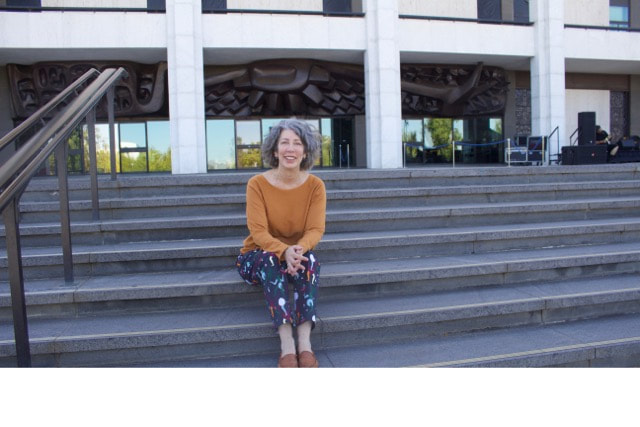
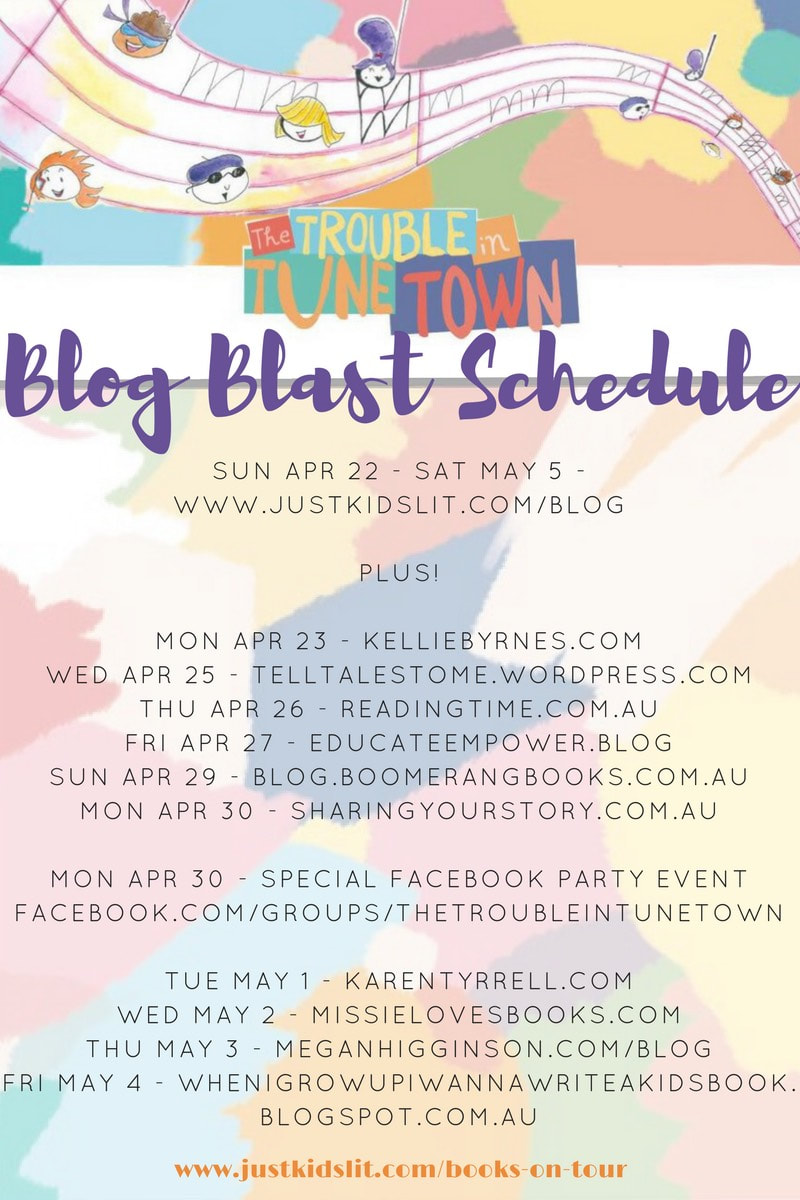
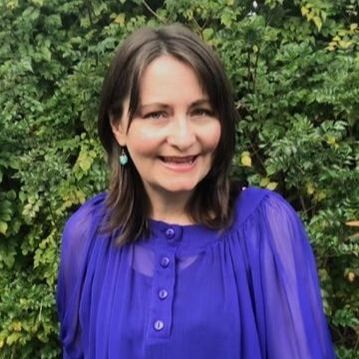
 RSS Feed
RSS Feed